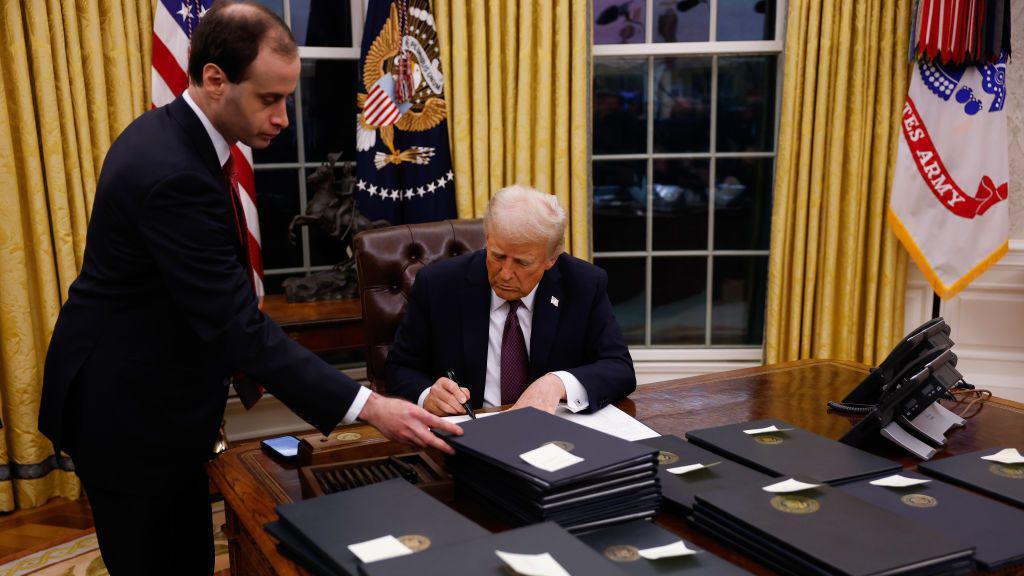Understand Your Rights. Solve Your Legal Problems


Former President Donald Trump has ignited yet another legal firestorm by issuing an executive order targeting Perkins Coie, a law firm with ties to his political rivals. The controversial order blocks certain law firms from securing federal contracts, restricts their employees from entering government buildings, and revokes security clearances.
But can Trump legally ban law firms from working with the federal government? Experts suggest this move could be challenged on constitutional grounds, specifically under the First Amendment and Fifth Amendment. The outcome of this case could set a precedent for how much power a president has over private businesses and legal professionals.
One of the strongest potential challenges to Trump’s order is a First Amendment lawsuit. Legal experts argue that by singling out law firms based on their political affiliations, Trump may have violated their freedom of speech and association.
“This executive order seems like a direct attack on a firm’s right to represent political clients, which raises serious constitutional concerns,” said Professor Lawrence Goldstein, a constitutional law expert at Georgetown University.
If Perkins Coie can demonstrate in court that Trump’s order is retaliation rather than a legitimate national security measure, the policy could be overturned. The Supreme Court has historically ruled that the government cannot penalize businesses based on political activity.
Another major concern is whether this order violates the Fifth Amendment’s Due Process Clause, which protects businesses from arbitrary government actions.
The executive order immediately stripped Perkins Coie of key government contracts without any form of review, causing the firm to lose major clients and revenue. Legal analysts argue that this could provide grounds for a due process lawsuit.
“By taking such extreme action without giving the firm a chance to challenge it, Trump’s executive order could be seen as a clear violation of due process,” explained Jennifer Martinez, a former federal judge and legal analyst.
If a court finds that the executive order caused financial harm without just cause, Trump’s directive could be legally invalidated.
Despite serious legal concerns, some legal scholars argue that Trump has the authority to issue this executive order. Under federal procurement laws, the president has broad discretion over who gets federal contracts.
“The president has significant control over government contracts,” said Mark Reynolds, a former DOJ attorney. “If the administration can argue that certain law firms pose conflicts of interest, the order might stand up in court.”
However, critics argue that Trump’s order targets specific firms rather than applying a neutral policy to all law firms. If courts view this as a politically motivated move, it may be ruled unconstitutional.
With Perkins Coie filing a federal lawsuit, this case could reach the Supreme Court, where justices will decide if Trump’s executive order is a legitimate use of power or an unconstitutional overreach.
Legal scholars suggest the case could set a major precedent for how much control a president has over private businesses and whether executive orders can be used to punish political opponents.
“This case is about much more than just Perkins Coie,” said constitutional scholar Emily Carter. “If this order is upheld, it could give future presidents broad authority to block companies for political reasons. If it’s struck down, it could reinforce legal protections against government retaliation.”
This high-profile legal battle could shape the future of executive power and constitutional rights. If Trump’s order is found unconstitutional, it will be a major legal defeat for his attempts to target political opponents. However, if the order is upheld, it could expand presidential authority over government contracts.
With Perkins Coie already facing financial losses and preparing for a lengthy court fight, this case is far from over. One thing is certain—the legal world will be watching closely.





